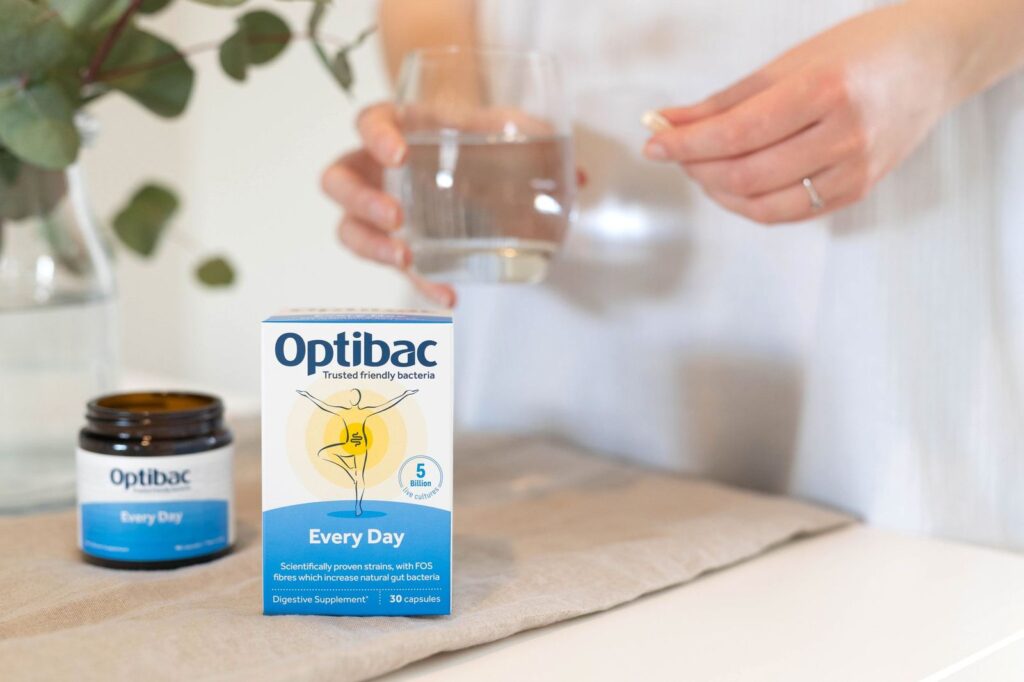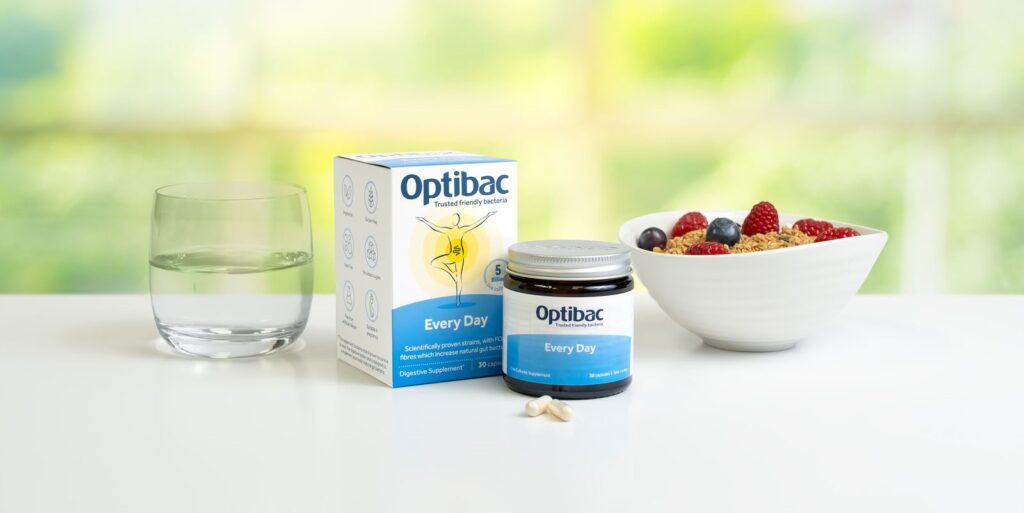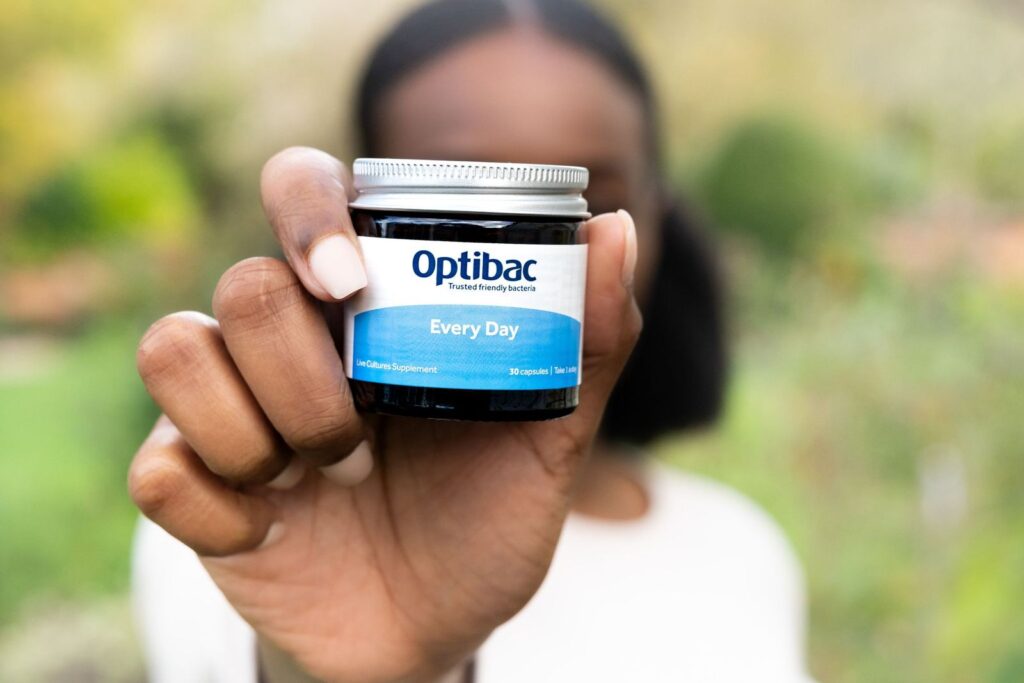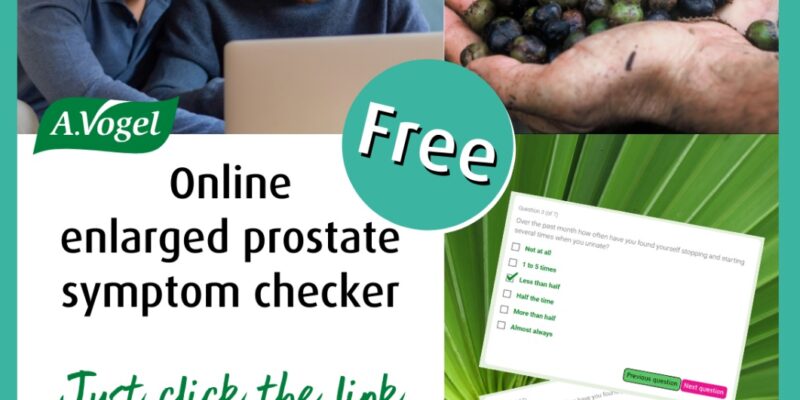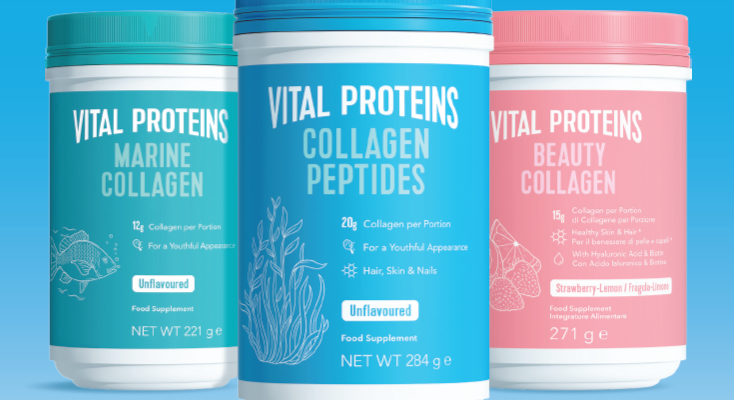What is stress?
Stress can be thought of as the feeling of being overwhelmed or unable to cope with mental or emotional pressure. Stress can be triggered by a variety of situations and life events – even good one’s like getting married or having a baby!
Everyone manages stress differently and our ability to cope under pressure can depend on our genetics, how we were raised, our personalities and our social and economic circumstances.
What happens to the body during stress?
Stress can be a good thing as it is key for survival and can be a great motivator but when emotional stress persists for weeks or months, this can affect health and wellbeing. Immune system function can be less efficient, blood pressure can rise and fatigue and lethargy are common.
When we perceive stress, the hypothalamus found in the base of the brain is stimulated because the hypothalamus regulates the body’s response to stress. The hypothalamus in turn sends messages to the pituitary gland and the adrenal medulla. When stress is acute, the body’s Fight or Flight response is activated and adrenaline is released.
When stress is long-term, the Hypothalamic Pituitary Adrenal (HPA) Axis is activated and the adrenal gland releases cortisol. When cortisol is released, stored glucose in the liver is mobilised for energy and the immune system becomes suppressed. When adrenaline is released, digestion decreases and pulse rate and blood pressure increase.
If you feel like you’re experiencing a more chronic form of stress, it is highly recommended to seek advice from your healthcare practitioner.
Signs of stress:
- Fear
- Anxiety
- Losing one’s temper
- Feeling sad
- Irritability & Frustration
- Low or labile mood
- Difficulty making decisions
- Smoking & drinking alcohol more than usual
Adaptogenic botanicals, can they help?
- Adaptogens are naturally sourced plant substances that help the body adapt to stress and normalize our bodily processes. For plants to be classified as adaptogens, they must be non-toxic to the individual, positively affect the body, and help reduce occasional stress by helping the body adapt.
- Rhodiola rosea – sometimes called arctic or rose root, Rhodiola is a flowering herb that commonly grows in the colder, mountainous regions of Europe and Asia. Several studies using standardised extracts of rhodiola show that rhodiola supplementation may benefit individuals experiencing emotional pressure.
- Ashwagandha – sometimes called Indian ginseng, Ashwagandha is a small, evergreen shrub found in the dry regions of India and the Middle East. Its roots and leaves have been used for centuries to support wellbeing. Its benefits are attributed to its adaptogenic properties supporting the body during physical, mental and emotional challenges. Recent findings suggest that high-concentration full-spectrum Ashwagandha root extract helps with an individual’s resistance towards stress.
How do B vitamins work?
B vitamins are an integral part of supporting a healthy nervous system. A well-functioning nervous system is vital for helping the body adapt and become more resilient to both physical and emotional pressures.6 B vitamins support the production and regulation of serotonin and dopamine, neurotransmitters that are influenced by stress.
Fatigue is a common concern in individuals who are feeling stress-related pressure. B vitamins help to support energy-yielding metabolism by converting the food we eat into adenosine triphosphate (ATP). ATP is the body’s energy currency.
Other ingredients that support your body during stressful situations
- Saffron – Saffron is a fragrant spice made from the thread-like stigmas (pollen receptors) of the Crocus sativus flower. For at least 3000 years, saffron has been used as a spice, food colourant and as a medicine, particularly in countries like Iran, India, France and Spain. Most recently, science is showing that saffron may be particularly helpful in maintaining a positive mood and mental balance.
- Magnesium- When magnesium levels are optimal, individuals tend to feel calm and relaxed.
- 5-HTP – Derived from the seeds of Griffonia simplifolia, it helps to make the neurotransmitter serotonin.14 Serotonin contributes to feelings of wellbeing.
Lifestyle approaches to managing stress
- Write out a to-do list – if there is a mountain of responsibilities looming over you, try writing out a detailed to-do list, and then work your way through it in small, manageable steps.
- Practice mindfulness – centering your energy and focusing on the present moment can help you face each new day with gratitude and productivity.
- Take care of yourself – although self-care can often be neglected when stressed, eating balanced meals, exercising regularly, and getting adequate sleep can make all the difference.
- Exercise – exercise releases mood-supporting endorphins.
- Be kind to yourself – keep things in perspective and focus on the good things that you are grateful for and that bring you joy. It’s also ok to say “no” sometimes – you don’t have to please everyone.
- Make healthy food choices – a well-balanced diet can provide the nutrients you need to keep both physically and mentally well.
- Ask for help – sometimes, we give ourselves unnecessary stress because we are too scared or proud to ask for help. Admit when you are struggling, and reach out to those around you.



